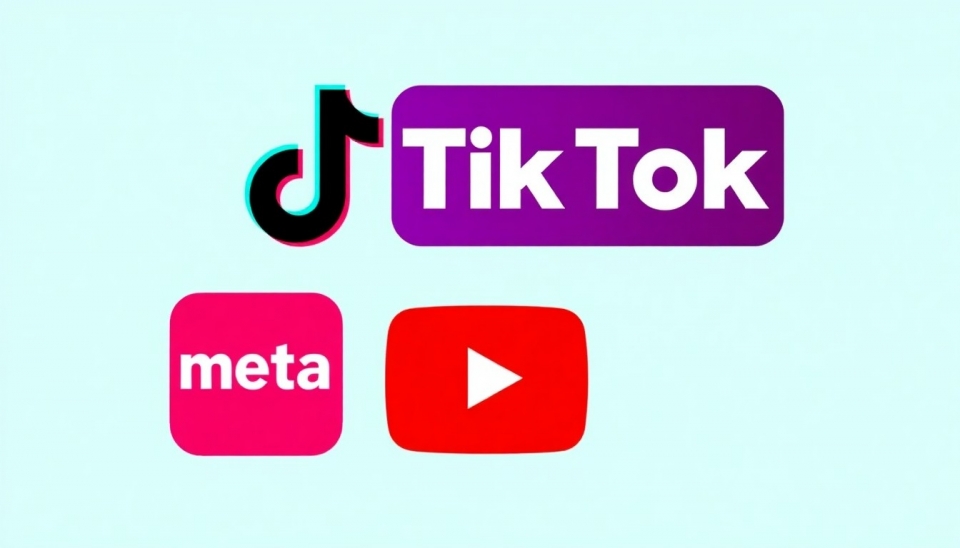
In a bold move to tackle the growing problem of misinformation on social media, Meta, the parent company of Facebook and Instagram, has unveiled a comprehensive new fact-checking system intended to enhance the credibility of content shared on its platforms. This initiative comes at a critical time when the authenticity of information online is increasingly under scrutiny, particularly during election cycles and public health crises.
Meta’s updated fact-checking framework promises to be more rigorous and transparent than previous measures. The company has announced it will be expanding its partnerships with third-party fact-checking organizations globally, solidifying a network of experts who will evaluate the veracity of claims made across its platforms. This move aims to not only flag false information but also to provide users with access to reliable sources and context surrounding contentious issues.
The platform's new approach involves a multi-faceted strategy that includes employing artificial intelligence to identify potentially false information before it goes viral. The AI technology will work alongside human fact-checkers to ensure accuracy and context are maintained throughout the process. By doing so, Meta hopes to create a more informed user base that can discern fact from fiction.
In addition to its robust checking mechanism, Meta is also planning to provide educational resources aimed at promoting media literacy among its users. By fostering an environment that encourages critical thinking about consumed content, the company believes that it can equip individuals to better navigate the complexities of online information.
However, despite the ambitious nature of this initiative, skepticism remains. Critics argue that the scale of misinformation on social media is such that even the best-intentioned systems may struggle to keep up. Concerns about censorship, bias, and the effectiveness of AI algorithms in gauging context continue to haunt discussions surrounding Meta's capabilities to manage content fairly and responsibly.
As Meta rolls out this new system, many are watching closely to see whether it will have a noticeable impact on the prevalence of misinformation on social platforms. The success of this initiative could set a precedent for how social media companies worldwide address similar challenges, potentially leading to a shift in the landscape of online information sharing.
In conclusion, while Meta's innovative fact-checking initiative could represent a significant advancement in the fight against misinformation, its real-world effectiveness remains to be seen. Stakeholders, from policymakers to the general public, will be tracking this development closely as the company strives to navigate the complex and often turbulent waters of digital communication.
Stay tuned for updates as Meta embarks on this critical mission to restore trust in the information shared online.
#Meta #FactChecking #Misinformation #SocialMedia #MediaLiteracy #TrustOnline #ContentVerification #AI #DigitalCommunication #Facebook #Instagram
Author: John Miller




